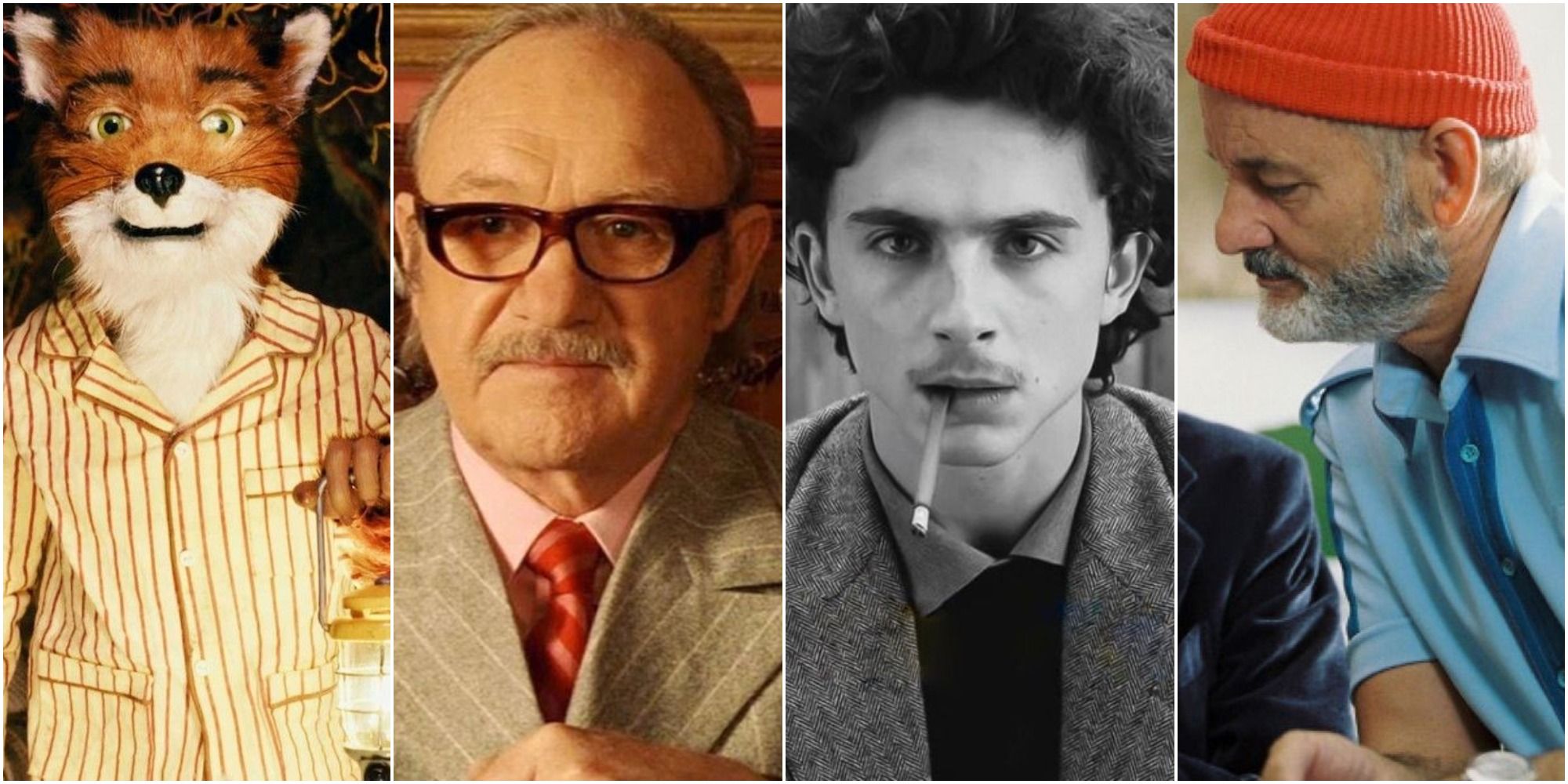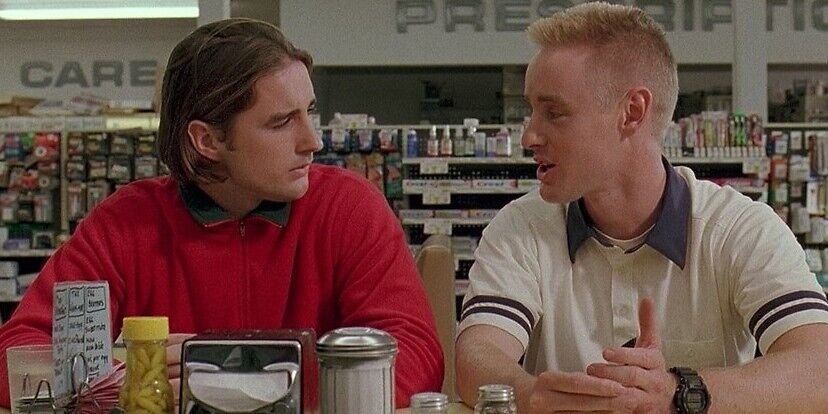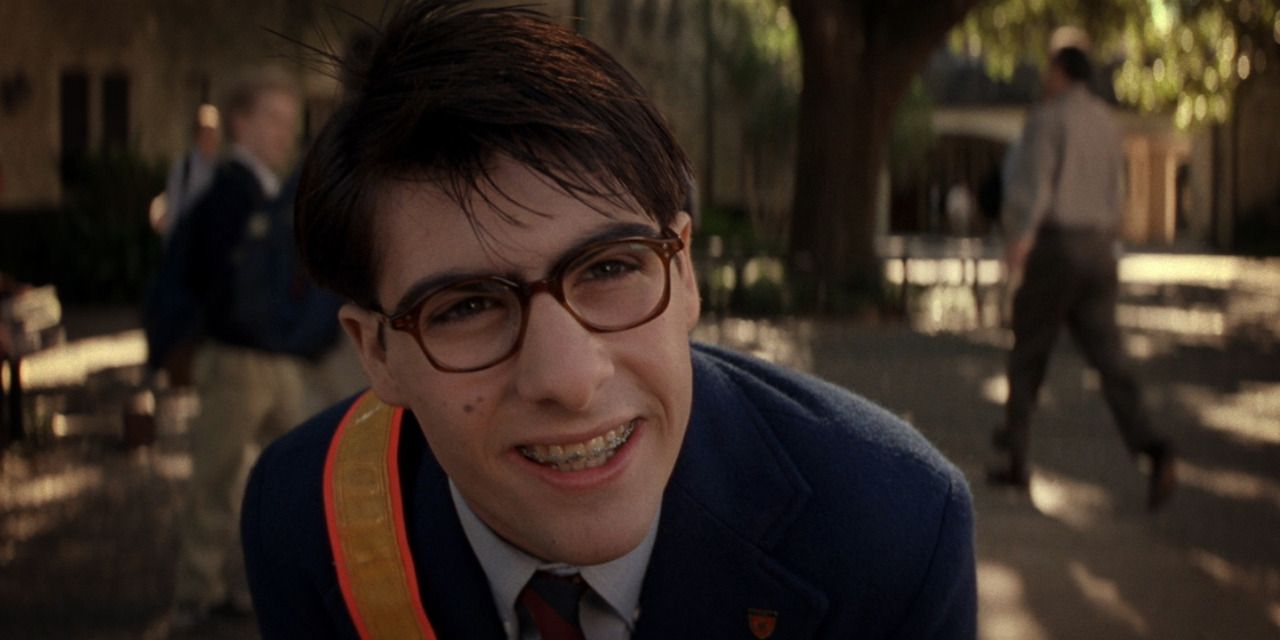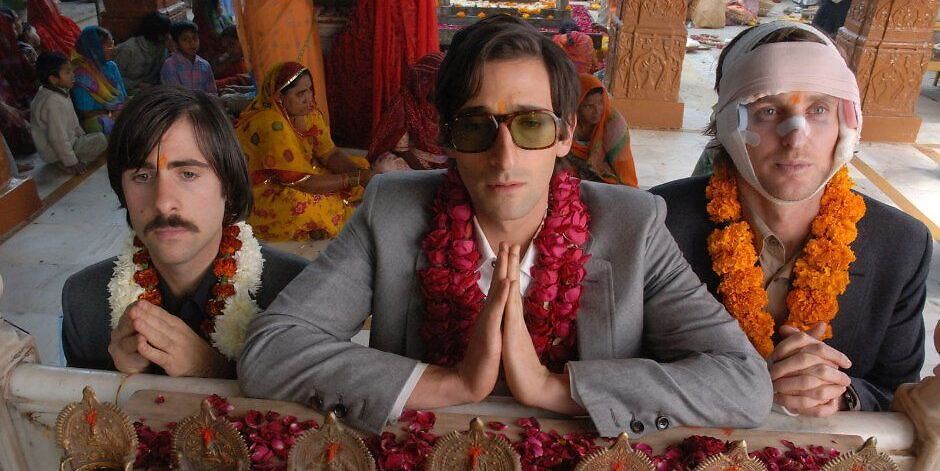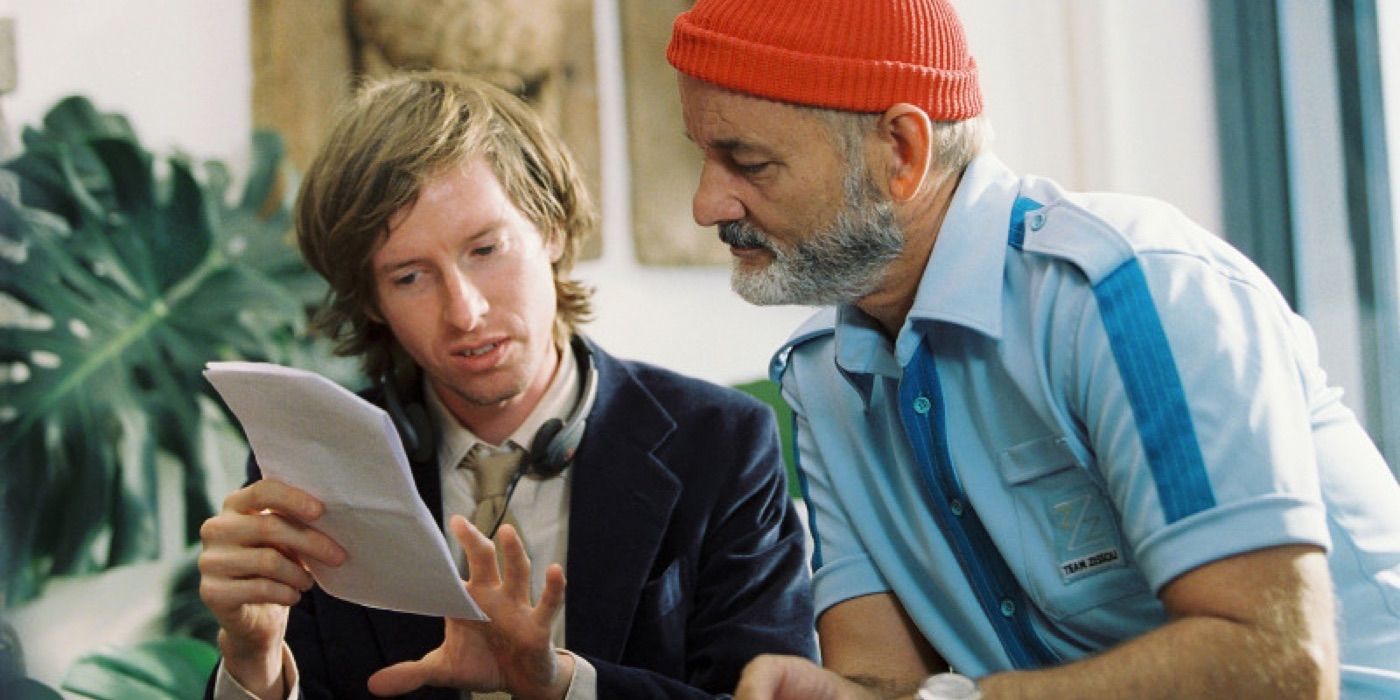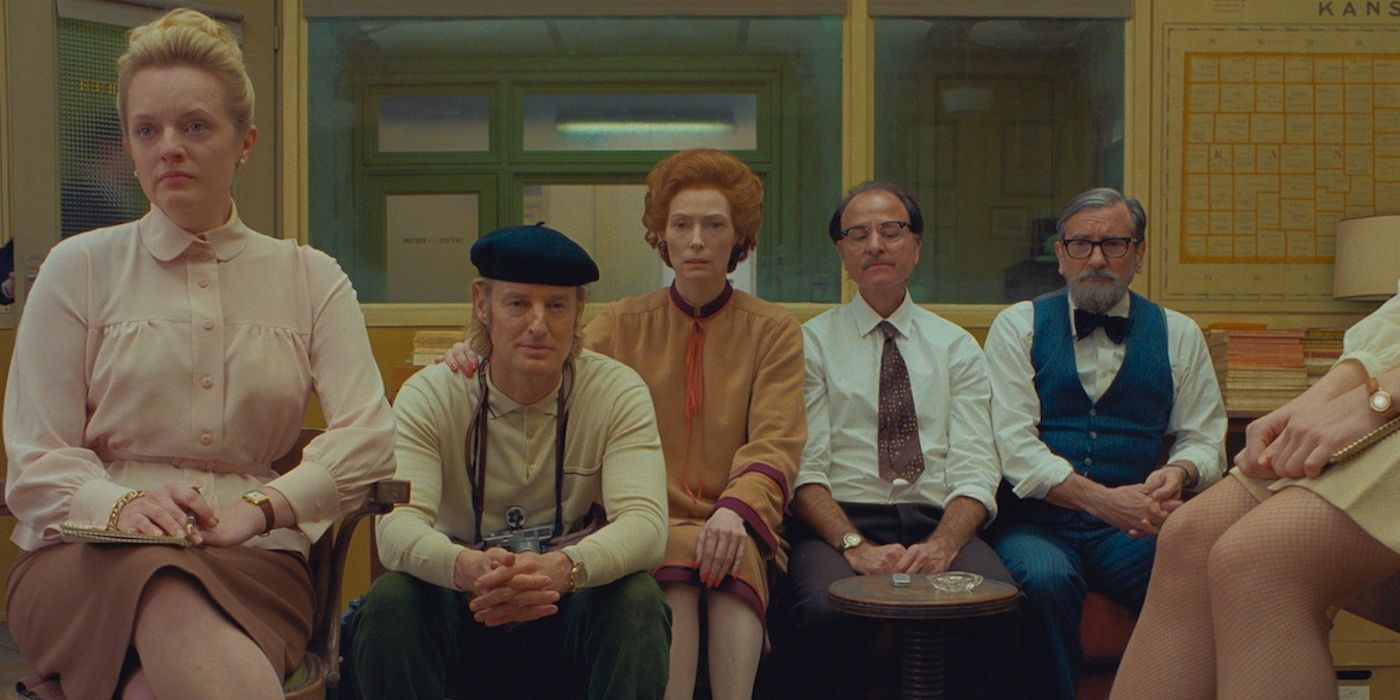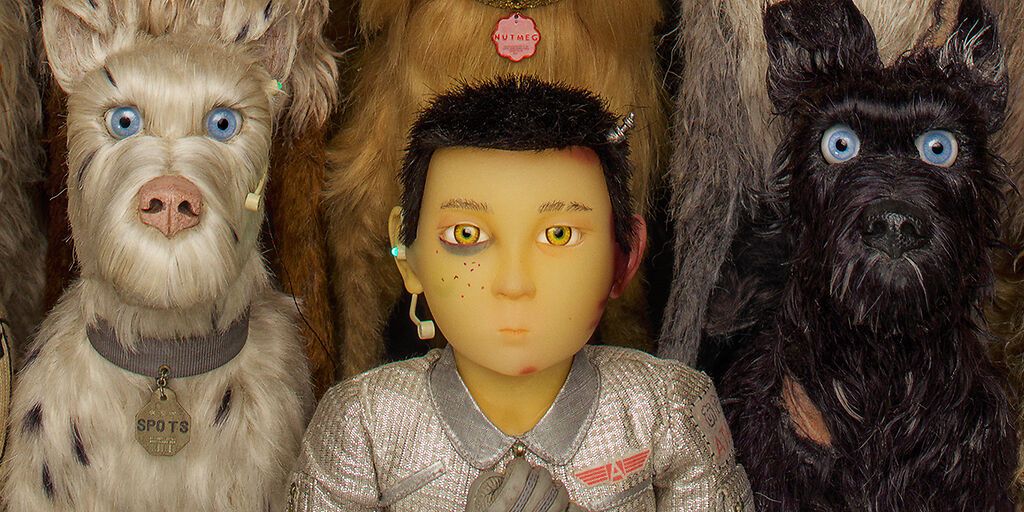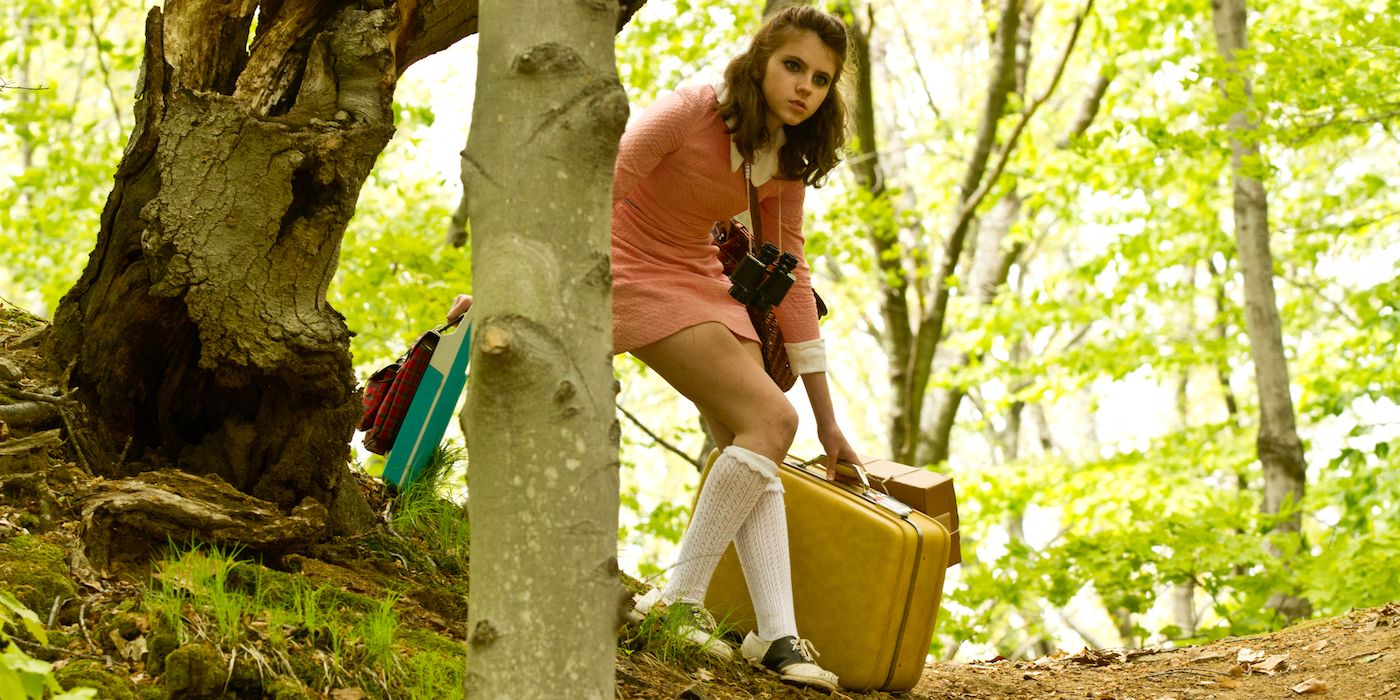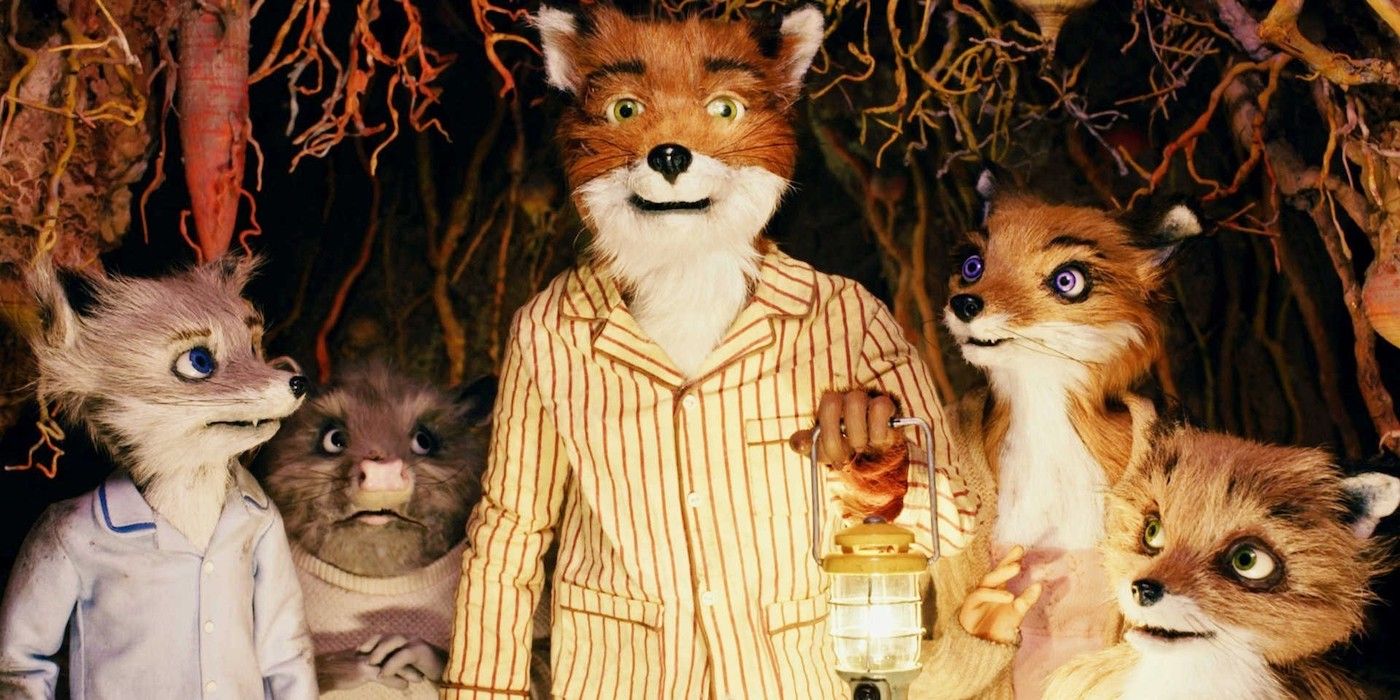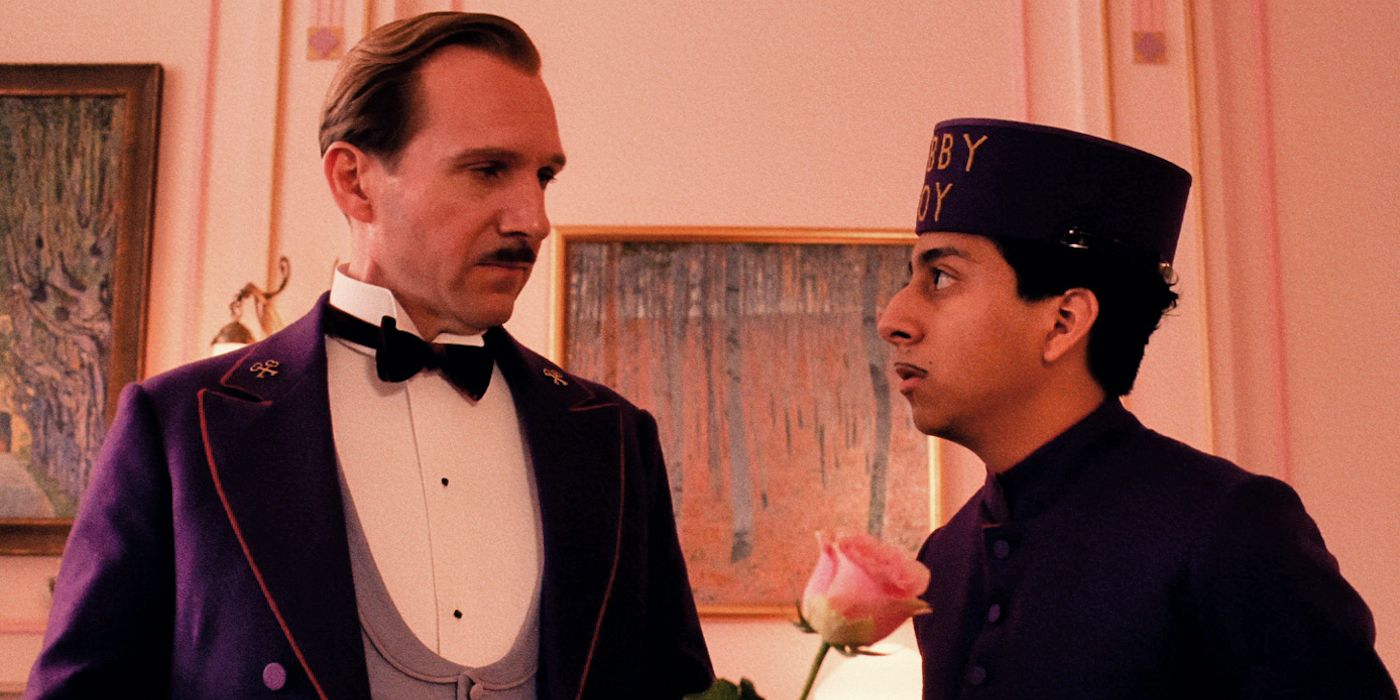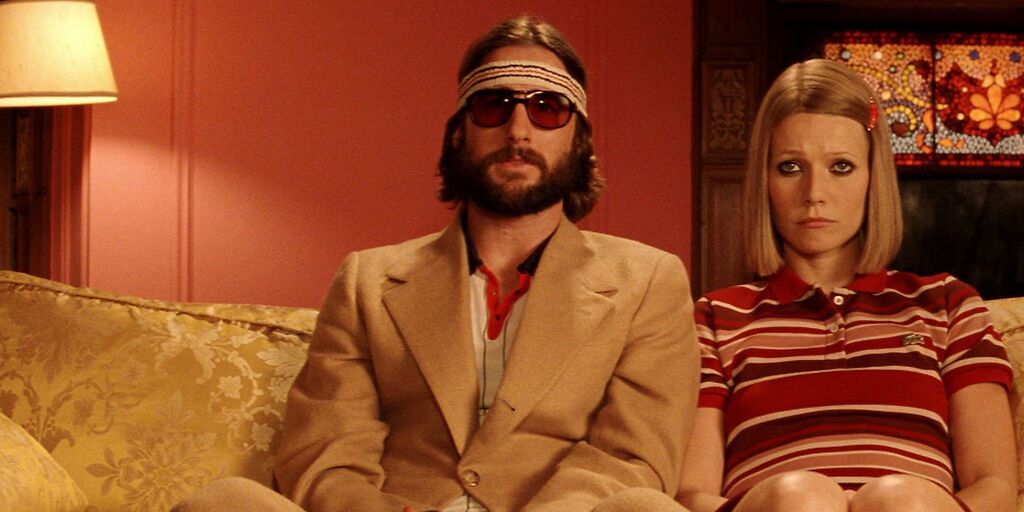Wes Anderson’s storybook worlds of bright colors, symmetry, and precision are enchanting and unmistakable. In Anderson’s films, the heart of a child negotiating the onset of adolescence often guides the film, as the characters confront serious flaws within themselves and struggle to communicate their emotions despite the frankness and deadpan delivery of the dialogue.
Each of his films offers a new host of idiosyncratic characters and a plethora of details that threaten to crowd out the story, but are so meticulously chosen and presented by Anderson that each contributes to the storytelling in a fascinating way. The French Dispatch bears all the marks of his talent, but where does it rank against Anderson’s other features?
Bottle Rocket
Bottle Rocket was Anderson’s first feature and while glimpses of his iconic style are evident, it is not as refined as in his later films. Nevertheless, it was the debut feature of Luke Wilson and Owen Wilson, who have gone on to portray some of Anderson’s most memorable characters. A heist comedy filled with hijinks, communication and gun misfires, and deadpan humor, the world isn’t as grand as those Anderson crafts in later films, but the performances by the leads and the ingenuity of Anderson’s directing managed to garner the praise of critics, which launched him into his future successes.
It’s an enjoyable film especially for diehard fans (including Martin Scorsese, who named it one of his top 10 movies of the ‘90s), but those unfamiliar with Anderson’s work are better off starting with one of his more well-known features.
Rushmore
Anderson himself appears most present in Rushmore, a film he based partially on his own high school years and even filmed at his former school. The tale of an unpopular but passionate student, Max (Jason Schwartzman), who falls head-over-heels for a first-grade teacher at his school, and endeavors to win her affection by campaigning for a school aquarium, he runs into problems when she attracts the attention of one of his donors, played by the exceptional Bill Murray. Despite the refinement of style and characters in comparison to Bottle Rocket, the plot flounders, and the stage plays that Max produces in the film surpass the actual film in their innovation.
The Darjeeling Limited
Three brothers meet on a luxury train in India, The Darjeeling Limited, one year after their father’s funeral to go on a “spiritual journey” together, but their plans derail after they’re thrown off of the train. It features saturated shots of the Indian countryside and the train perfectly framed like a children’s book illustration, the brothers’ struggles to connect with one another and their own repressed emotions, deadbeat, tight comedy, and whimsy packed into a film that asks very sincere questions about the nature of family, connection, and coming to terms with past wrongs. Delightful, but not as concise as his later films. You might get the feeling that the film asks questions that Anderson himself didn’t yet know the answers to.
The Life Aquatic With Steve Zissou
A famous oceanographer, Steve Zissou (Bill Murray), sets off on the open sea with a motley crew to hunt down a rare "jaguar shark" that devoured his brother. It’s a shame that the story never finds its footing, as the score and visuals are divine.
The film has managed to garner a cult following, despite its rather disappointing lack of concise storytelling and flat characters, whose characteristics sometimes seem drawn out of a hat rather than advancing their storylines. If there’s anyone who could manage to salvage such characters, it’s the cast, made up of Bill Murray, Owen Wilson, Cate Blanchett, and Anjelica Huston, among others. It ranks above The Darjeeling Limited due to casting, visuals, and those adorable red hats.
The French Dispatch
With a cast stuffed with too many notable names to recount, at first glance The French Dispatch appears to be another Anderson triumph; it contains a dizzying array of whimsical imagery, the familiar deadpan delivery, the storybook sets, the primary colors. The film is a love letter to good stories, told through various journalists writing their paper's final issue.
Yet I believe the anthology format of the story does the characters a disservice; the greatest joy in watching an Anderson film is seeing the childish, flawed characters fumble their way towards maturity and deeper connections. There’s more distance between the audience and the characters in The French Dispatch, and although it certainly looks like an Anderson film, it doesn't quite feel like one.
Isle of Dogs
Anderson’s talents also extend to stop-motion; Isle of Dogs is his second stop-motion feature, a sci-fi story set in the fictional city of Megasaki. Like all of Anderson’s worlds, Megasaki borrows from and then eschews reality, in this case, Japan and Japanese culture. Cherry blossoms, sushi, and kabuki ensure that Western audiences have no doubt about the film’s setting; it’s garnered both praise and reproach for its stereotypical portrayal of Japanese culture.
Nevertheless, it’s a heart-warming story as Atari (Koyu Rankin), an orphan boy, sets off to save the dogs of Megasaki, who have been exiled and are due to be exterminated due to an influenza outbreak. It remains to be seen how time will treat this particular film, as Anderson has faced criticism in the past for lack of representation, but there's no denying the beauty of its animation.
Moonrise Kingdom
Moonrise Kingdom is a coming-of-age film about an orphan boy who runs away from his scouting camp to meet up with his true love. A story about outcasts and misfits, the movie is a visual expression of growing pains. Anderson understands intimately what it’s like to grow up without quite growing into the expectations of those around you.
Besides having some of the clearest articulation of its themes in his oeuvre, it features a brilliant supporting cast and haunting visuals of a storm-swept island. A tender first-love story that reminds you how achingly wonderful and terrible it is to be a child on the verge of growing up.
Fantastic Mr. Fox
His first and best stop-motion achievement, Fantastic Mr. Fox is a tale of an irresponsible, roguish fox who must learn to set aside his chicken-thieving ways to protect his family and friends. Based on a book of the same name by Roald Dahl, the stop-motion is stunning and packed with details to re-discover every time you watch, while the writing is clever.
One of Anderson’s funniest and most charming films, if not his most nuanced, it’s a delightful trip back to one's childhood, replete with characters who are just as weird and wonderful as those in the pages of Dahl’s book.
Grand Budapest Hotel
There's a reason The Grand Budapest Hotel is one of Anderson’s most iconic films. The cinematography is effortless, the sets fantastical, and the off-kilter humor just a touch darker than his other films. When Monsieur Gustave (Ralph Fiennes), a hotel concierge, is framed for the murder of a wealthy dowager, he sets out to clear his name with the help of the Society of the Crossed Keys (a concierge guild) and his sidekick Zero.
The film is precise, with each scene and shot meticulously ordered. One might mistake this for stiffness, but it is precisely this rigidity that lends credence to Anderson’s worlds and makes the Grand Budapest Hotel so real that you could almost swear you’ve seen it on a postcard or in a travelogue somewhere before. Ridiculously funny, and full of characters you can't help but love.
The Royal Tenenbaums
And at last, we come to Anderson’s cinematic masterpiece, The Royal Tenenbaums. Anderson’s penchant for writing not-quite-but-almost-decent fathers manifests this time in the character of Royal Tenenbaum (Bill Murray), who fakes a terminal illness in a last-ditch attempt to win back his ex-wife and his three genius children whom he alienated in their youths.
Poignant, beautiful, artful without pretense, it succeeds in effortless world-building with the best character development in any of Anderson’s films. It feels nostalgic, just like the three children, all longing for a time past when their futures seemed bright and now having to negotiate a reality in which their abilities aren't fully realized. With themes of redemption, family, connection, and struggling for identity in the midst of disillusionment and dysfunction, this is a film you can return to endlessly.

